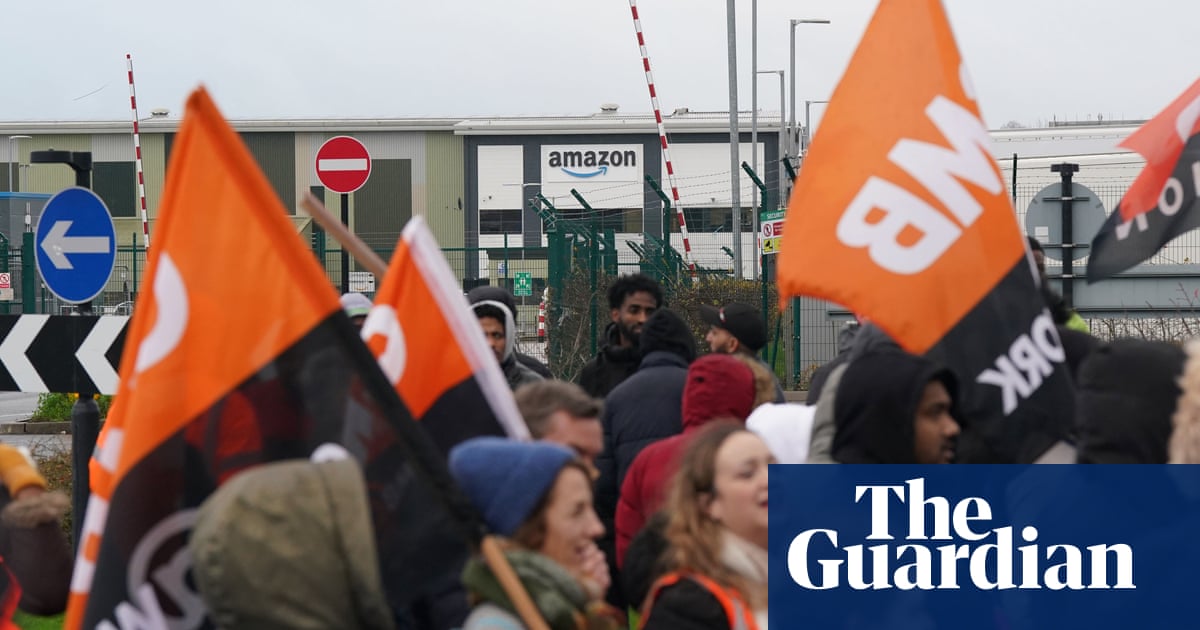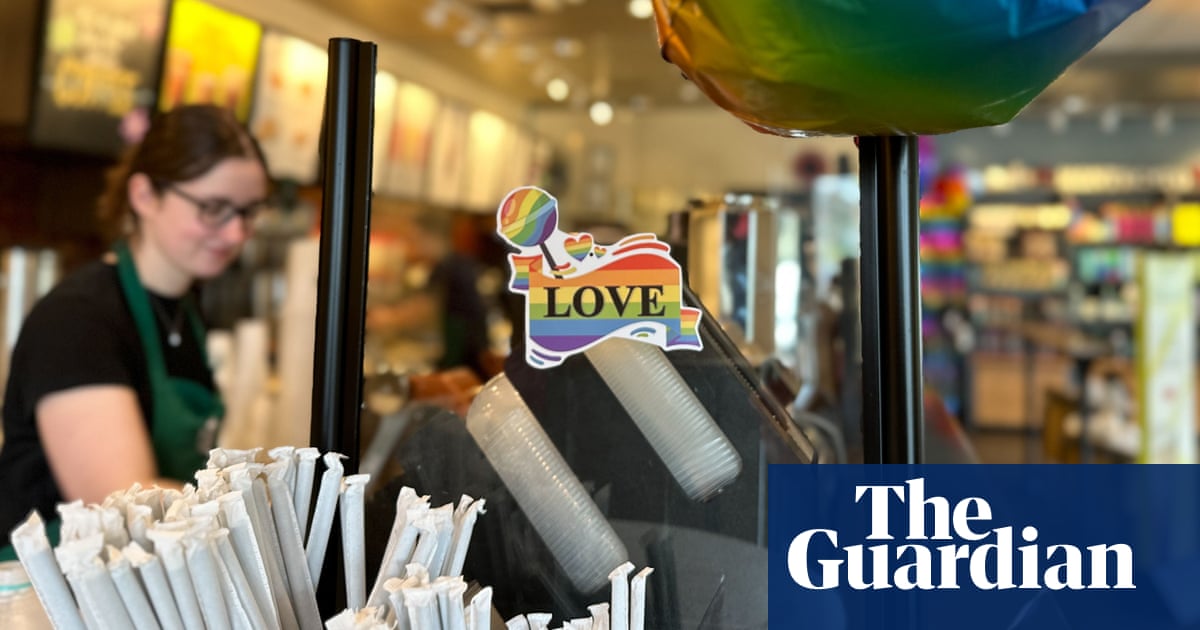
Workers at the UK’s biggest container port have gone on strike for the first time since 1989, with shipping companies and union leaders warning the action could impact supply chains and leave shoppers waiting for goods.
About 1,900 members of Unite at Felixstowe have walked out in a dispute over pay today in the latest outbreak of industrial action to hit a number of sectors of the economy.
Workers including crane drivers, machine operators and stevedores will take action after voting by more than nine to one in favour of strikes. The union said the eight-day stoppage would have a big impact on the port, which handles around 4m containers a year from 2,000 ships.
The strike is the latest industrial action to hit the UK economy amid widespread disruption to rail and bus services over the weekend as transport workers seek better pay and conditions. The ongoing cost-of-living crisis, which has seen the price of food and energy bills soar, mean workers in many sectors are fighting for salary increases.
Felixstowe handles nearly half of the containerised freight entering the country and the action could mean ships have to be diverted to ports elsewhere in the UK or Europe.
A spokesperson for Logistics UK said Felixstowe does not handle “just-in-time goods”, such as food, instead dealing with products such as car parts and furniture. However, shipping firms may be forced to change their routes and other ports – such as Southampton and Teesside – could be used to offload goods, they said.
The spokesperson said: “At this stage we haven’t got any grave concerns. All of our operators have been planning alternative routes.”
Haulage firms have warned that the strike could have a serious impact on business, while trade organisations have said consumers could be hit with price rises.
Adam Searle, managing director of CP Transport, said his firm could lose £60,000-£70,000 if it does not move any containers this week. “Throughout Suffolk the bill could run into the millions and throughout the country a lot more,” he told the BBC.
“It’s not going to affect food supply chains, because all the fresh produce is already in stock, but it will affect the supply chain in terms of furniture, fences and random bits and bobs.”
Maersk, one of the world’s biggest container shippers, has said the strike could cause delays and forced it to make changes to its vessel lineup, according to Reuters.
Meanwhile, consumers could be hit with price rises and shortages of certain products, James Hookham, director of the Global Shippers Forum, told the broadcaster. “Consumer prices are already rising due to the dramatic increases in shipping rates experienced since mid-2020,” he said.
“Further disruption in the UK will add to these cost pressures, although temporary unavailability of some goods may be the first noticeable effect to consumers.”
However, one port source said the strikes would be an “inconvenience, not a catastrophe”, claiming that the supply chain was now used to disruption after the pandemic.
“Disruption is the new normal. The supply chain has moved from just in time to just in case,” he added.
He also suggested that some suppliers of white goods such as fridge freezers might actually welcome a break because of slower sales due to the cost-of-living crisis.
The Port of Felixstowe said in a statement: “The company is disappointed that Unite has not taken up our offer to call off the strike and come to the table for constructive discussions to find a resolution.
“We recognise these are difficult times, but, in a slowing economy, we believe that the company’s offer, worth over 8% on average in the current year and closer to 10% for lower-paid workers, is fair.”












